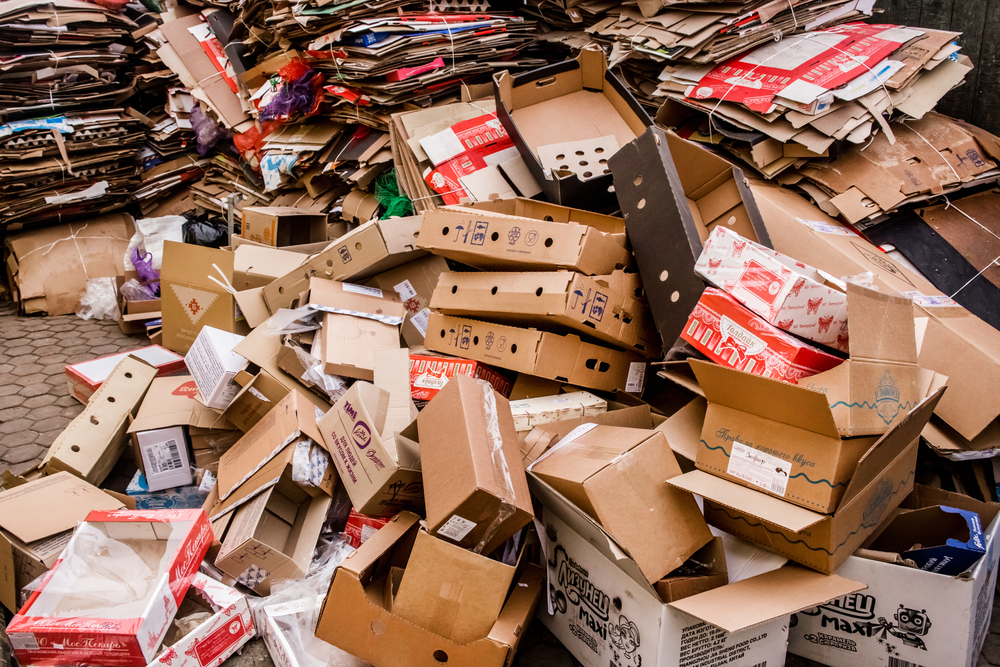Crist
Marco Visscher | June 2006 issue
Each month La Fageda sells 2 million containers of yogurt in Catalonia, Spain, to a growing group of faithful consumers prepared to pay for quality—and a unique social experiment. The company’s natural yogurts, you see, are produced largely by disabled and mentally ill people.
The creation of La Fageda—which boasts an annual income of 6 million euros ($7.4 million U.S.) without a dollar invested in advertising—was inspired by psychiatrist Cristóbal Colón’s experience working in a mental hospital in the Spanish city of Gerona. “I questioned why society had chosen to lock up people who have lost their minds, burying them alive. I believe you have to focus on what they are capable of, not on what they are incapable of doing.”
Convinced that working offers people a sense of self-worth and a role in society, Colón was pleased when it became popular to prescribe work for the disabled, but grew disillusioned when he saw his clients were merely given busy work. So in 1982 he decided to create a company that offered them important, fulfilling jobs.
First, Colón got a contract to clean up and maintain the magnificent natural habitat around Olot in the mountainous area of La Garrotxa in northeastern Spain. Next he bought dairy cows so he could sell milk, until he realized that competition from major dairy companies would be too fierce. Then Colón saw an opportunity. While Spaniards appeared to be enamoured of cheap yogurt, he foresaw a growing interest in healthier food and set about making quality “homemade” yogurt.
The tasty yogurt is now for sale at thousands of shops and supermarkets across Catalonia, though not internationally, because Colón doesn’t believe in standard ideas of corporatization and globalization. Says Colón: “The big companies have money, technology, publicity. But we have the cows. We wanted to show the market that we were not a dairy-product company, but cattle farmers working in a natural environment who want to do things well. Our weakness has become our strength.”
The 115 disabled workers at La Fageda—named after the national park where the company is located—take care of the cows, work in the factory, keep the facilities clean and give tours to some 600 visitors each week. Their salaries, which amount to half the legal minimum wage, are paid by the Ministry of Social Affairs. The workers, who live on site, are supported by an 18-member team of psychologists, supervisors and a nursing staff, who report that the experiment is working: Most employees show a marked improvement in their behaviour, their communication skills and the overall quality of their lives.
More information: www.fageda.com (only in Spanish)











